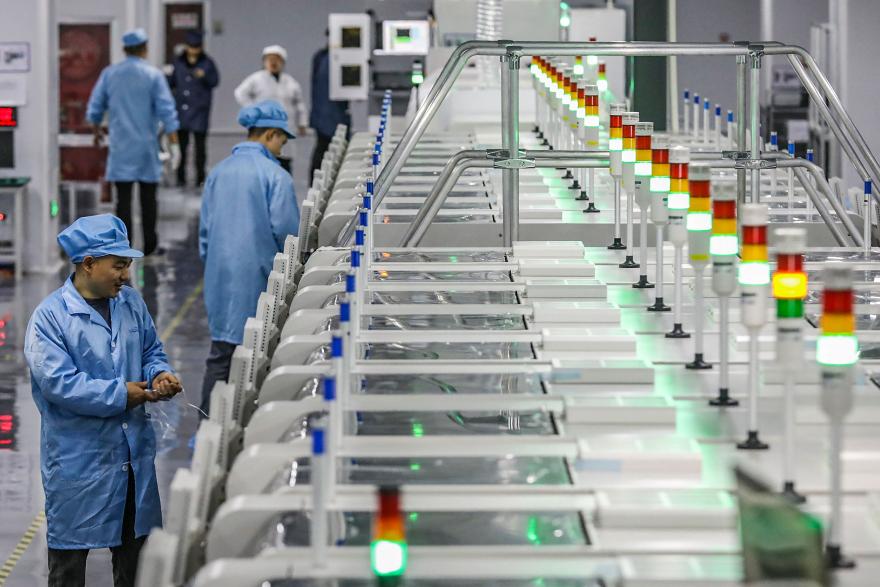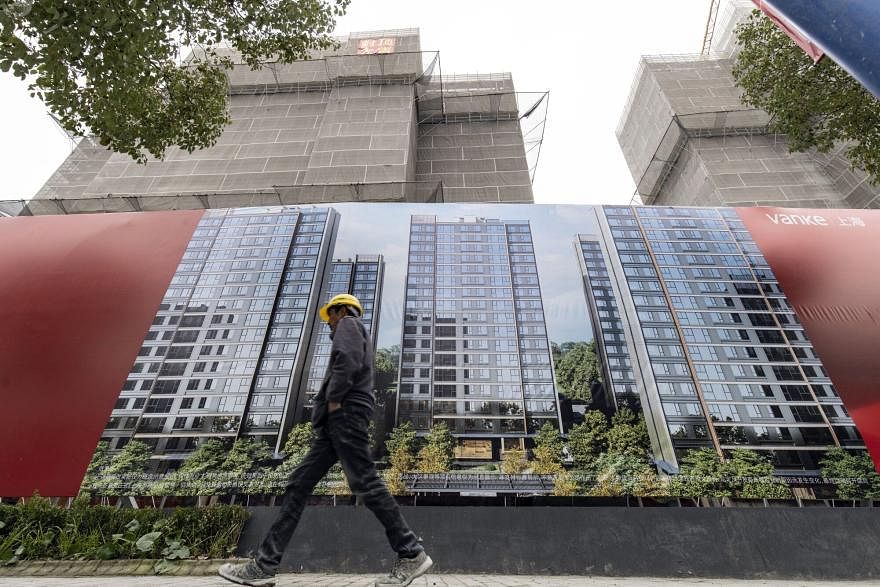FIVE more Singapore Depository Receipts (SDRs) that track the performance of Thailand-listed stocks are ming their debut on the Singapore Exchange on Monday (Apr 1).
The five underlying stocks maintain a combined market value of 2.7 trillion baht (S$100 billion), which brings the total market value of the eight SDRs to 4.7 trillion baht. The new additions (and SDR codes) include Advanced Info Service (TADD), Delta Electronics (TDED), Gulf Energy (TGED), Kasikornbank (TKKD) and Siam Cement (TSCD).
The eight SDRs now cover more than 40 per cent of the SET 50 benchmark index, and each SDR represents a different sector.
This offers investors the opportunity to scale up their SDR choices following on from what Kasikornbank has termed an “uneven or K-shaped” economic recovery in Thailand last year. With a more optimistic outlook for banking, Kasikornbank is targeting a 3-5 per cent loan growth in 2024 following a 0.2 per cent decline in 2023.
The corporate outlook of each of the eight SDRs reveal distinct industry insights, while also demonstrating how each company is placed with current cyclical trends and long-term economic growth drivers.
With 1.9 per cent growth in 2023, Thailand’s gross domestic product (GDP) is expected to grow more in the vicinity of 3 per cent this year. In January, the International Monetary Fund (IMF) estimated that growth would accelerate to 4.4 per cent in 2024, while Thailand’s finance ministry estimated the figure to be 2.8 per cent.
GET BT IN YOUR INBOX DAILY
Start and end each day with the latest news stories and analyses delivered straight to your inbox.
Private consumption, supported by government stimulus, is seen to be a key driver of the potential growth acceleration, with this accounting for close to 60 per cent of the country’s GDP in recent years.
CP ALL said that it expects revenue growth of its convenience stores business in 2024 will “grow in line with the projected GDP growth” in Thailand. However it is subject to risks such as the inflation rate, raw material prices, energy prices and private consumption growth.
The Bank of Thailand’s monetary policy committee is meeting on Apr 10, and is expected to keep its policy rate at 2.5 per cent with inflation pressures currently seen to be contained.
The IMF sees improved external demand supporting Thailand’s growth in 2024, and estimated that inbound tourism will rebound to pre-pandemic levels by 2025 with tourist arrivals gradually recovering. Tourism accounted for 20 per cent of the country’s pre-pandemic 2019 GDP.
Airports of Thailand has also noted that the International Air Transport Association sees a full tourism rebound for the Asia-Pacific region in 2025.
The operator of six international airports in Thailand noted that government support for inbound initiatives “such as MICE (meetings, incentives, conventions and exhibitions), long-stay groups, health groups/ elderly groups and sport competition groups including the Asean tourism marketing plan” will also help to attract more tourists.
The IMF maintains that as stimulus measures are phased out, Thailand’s GDP growth is projected to slow down to 2 per cent in 2025, eventually stabilising at the potential rate of 3 per cent.
To drive new waves of growth in Thailand, the IMF has encouraged Thailand’s policymakers to pursue coordinated structural reforms to boost investment, productivity, and overall economic balance.
In addition to social security initiatives, these include enhancing competition by reducing regulatory barriers and liberalising the services sector, addressing vulnerabilities to geo-economic fragmentation by capitalising on foreign direct investments in the electric vehicle (EV) sector, and upskilling the labour force including by leveraging digitalisation.
Digitalisation and sustainability are indeed becoming the backbone of structural economic reforms within the broader Asean region.
Thailand’s largest GSM mobile phone operator, Advanced Info Service, expects 5G technology and 5G market value will continue growing in 2024. This comes as consumers tend to opt for 5G plans with higher data offering and distinctive value of high speed and low latency, to enjoy the enhanced user experience and improved efficiency. It adds that the higher numbers of affordable 5G-enabled handsets expected in the market will also further expand the customer base for mobile operators.
Delta Electronics also maintains that demand should continue for its products for global customers, especially in e-mobility and digitalisation including energy-efficient data centres, telecom power and EV charging infrastructure.
Gulf Energy anticipates its total revenue in 2024 will increase by 25-30 per cent from 2023, which will be driven by the projects that are scheduled for commercial operation. These include gas-fired projects in addition to solar rooftop projects and domestic solar farms.
Siam Cement Group has advanced into the integrated energy transition solutions business, delivering solar energy for the residential market, factories, industrial estates, hotels, shopping malls, and hospitals through its Smart Grid technology, while accelerating development of green solutions to address eco-friendly trends.
PTT Exploration and Production has recently diversified into new businesses involving new forms of energy, advanced technology, and decarbonisation. The company is also pursuing carbon capture and storage as a strategic pathway to transition into a low-carbon organisation and achieve net-zero emissions by 2050.
The eight SDRs trade in Singapore dollars, in board lot size of 100 units, and are fungible with the underlying non-voting depository receipts of the relevant stocks listed in Thailand.







